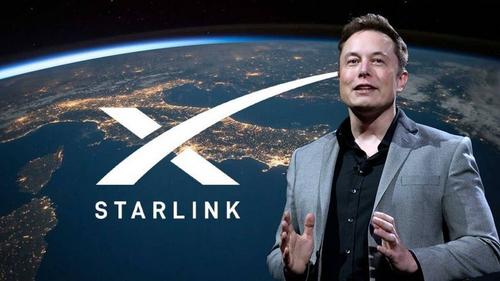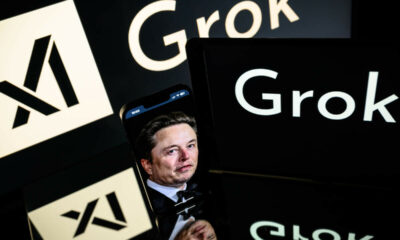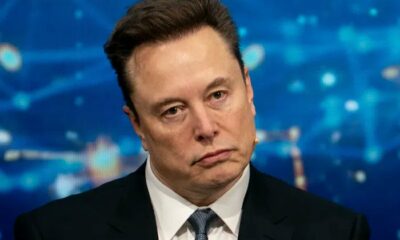Tech
India Says Yes to Starlink: Elon Musk’s Internet Service Clears a Major Hurdle

India Just Unlocked a Whole New Chapter in Its Digital Story and Elon Musk is at The Centre of It.
The Indian government has officially granted a licence to Starlink, the satellite internet division of SpaceX, clearing the way for the company to launch operations in one of the world’s most populous and underserved broadband markets. The move has been hailed as a milestone moment for connectivity in rural India, but it’s not without controversy.
A New Space Race, But This Time on the Ground
Starlink’s model is simple: beam high-speed internet to even the most remote corners of the world using thousands of low Earth orbit satellites. In a country where millions still struggle with unreliable or non-existent broadband, this could be transformative.
But in India’s ultra-competitive telecom landscape, the arrival of Musk’s Starlink has already ruffled feathers. Industry players and policymakers are split over everything from how spectrum should be allocated to whether Starlink’s pricing will disrupt local providers.
Telecom giants like Jio Platforms and Bharti Airtel, both already dominant forces in India recently signed their own deals with SpaceX to explore satellite internet offerings. But behind the scenes, things have been tense. Musk has reportedly clashed with Jio’s billionaire owner Mukesh Ambani over the fairness of spectrum allocation methods.
High-Level Meetings, High Stakes Moves
India’s Minister of Communications, Jyotiraditya Scindia, confirmed the news in a post on X, the platform Musk also owns. He described a “productive meeting” with SpaceX President and COO Gwynne Shotwell, who welcomed the licence as a promising start for Starlink in India.
The announcement came just months after rumours of Starlink quietly prepping for market entry, and follows years of regulatory limbo and pushback.
Beyond Broadband: Musk’s Bigger Indian Ambitions
While Starlink might be Musk’s first officially licensed venture in India, it’s unlikely to be the last. Tesla is still negotiating its entry into the Indian auto market, and Musk’s sprawling business empire already has a digital foothold through X.
This new licence adds fuel to speculation that India is becoming a key strategic target for Musk, particularly as the country pushes to digitise rural regions and expand internet access to the last mile.
What are People Saying?
The news has been met with mixed reactions online. While some tech enthusiasts in India are thrilled about the possibility of fast, reliable internet in areas previously left behind, others are more sceptical, pointing to data privacy concerns and the risk of foreign dominance in critical infrastructure.
On social media, many welcomed the news as long overdue. “Finally, some real competition for the lazy ISPs,” one X user posted. Others questioned what kind of pricing structure Starlink would offer, and whether it would be accessible to the people who need it most.
The Road Ahead
While the licence is a breakthrough, it’s just the beginning. The next steps will involve rolling out services, finalising local partnerships, and navigating India’s complex regulatory ecosystem.
If Starlink delivers on its promise, it could change the game not just for India’s internet economy, but for how the world thinks about satellite connectivity in emerging markets.
And if Musk has his way, this is just the start of something much bigger.
Source:The South African
Follow Joburg ETC on Facebook, Twitter , TikTok and Instagram
For more News in Johannesburg, visit joburgetc.com



























